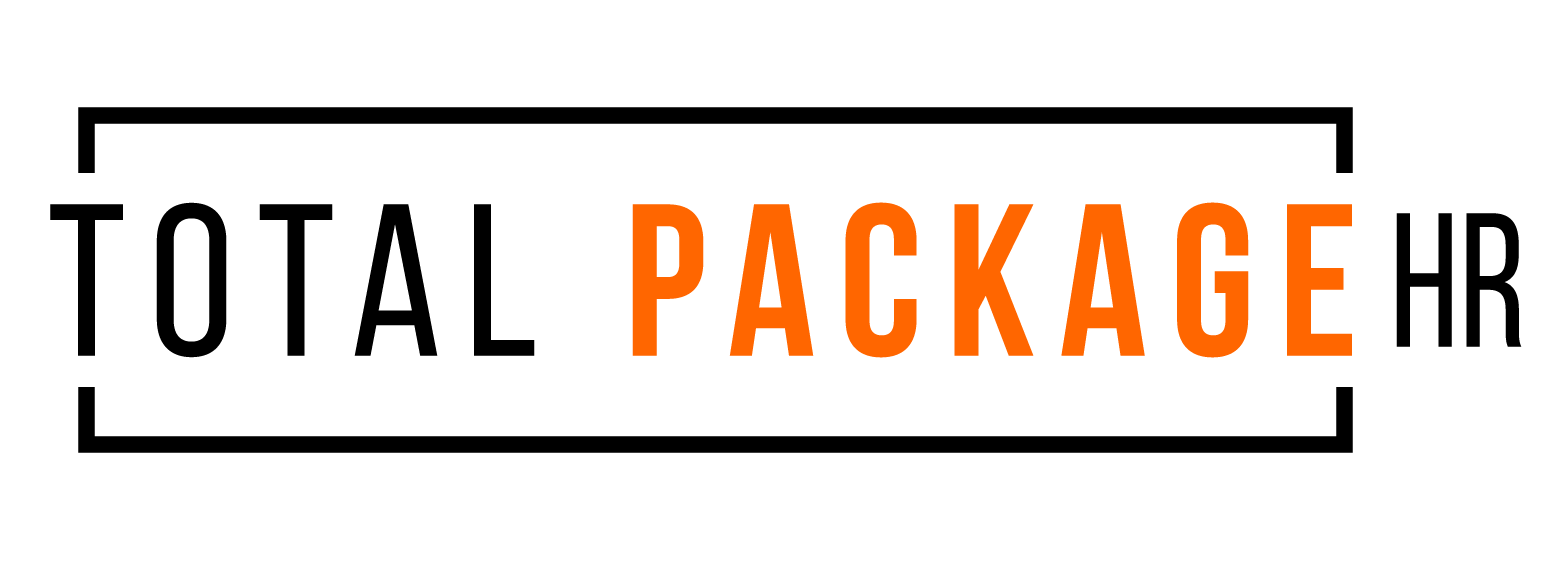PUMP Act and the PWFA
On December 29, 2022, the President signed into law two important and monumental bills – the Pregnancy Workers Fairness Act (PWFA) and the Providing Urgent Maternal Protections for Nursing Mothers Act (PUMP). These hit close to home as our Compliance Manager, who keeps us all up to date on changing regulations, is expecting (feel free to send a congratulatory message 😉). Even if you are in California, or in one of the 30 states that already provide pregnancy protections, you will want to learn more about these new regulations.
The Providing Urgent Maternal Protections (PUMP) Act expands employee protections under the Fair Labor Standards Act (FLSA) and applies to those who must comply with the FLSA, regardless of business size. It took effect Dec. 29, 2022, but compliance will take effect starting April 28, 2023. This law expands the right of nursing mothers to take breaks and have a private place to express milk during the workday. Very similar to California, employers must provide all nursing employees with a reasonable break each time they need to express milk. There is no maximum number of breaks, so employees are entitled to take as many as are necessary.
Non-Exempt Employees
Under existing law, lactation breaks for non-exempt employees may be unpaid, except when:
1) the nursing employee is not completely relieved from duty;
2) the employer pays other employees for similar breaks; or
3) when breast milk is expressed during paid breaks (e.g., paid 10-minute rest breaks in California). State or local laws may require employers to pay non-exempt employees for lactation break time – so be sure to check with TPPS if you are in a state this may apply to!
So, to summarize, when an employee is using break time at work to express breast milk they either:
- Must be completely relieved from work duties; or
- Must be paid for the break time.
Further, when employers provide paid breaks, an employee who uses such break time to pump must be compensated in the same way that other employees are compensated for break times.
Employees who work remotely are also eligible to take pump breaks under the FLSA on the same basis as other employees who work in-office.
Exempt Employees
Although exempt employees are generally not covered under the entire FLSA, the Federal Department of Labor (DOL) has specifically stated that exempt employees are also protected under the PUMP Act. Exempt employees also have the right to express breast milk in a private place during the first year of their baby’s life.
Exempt employees must be paid their full weekly salary, regardless of whether they take breaks to express breast milk.
What is a private space?
The private place to express breast milk must be shielded from view, not be a bathroom and be free from intrusion from co-workers and the public. Again, if you are in one of the many states with these existing laws, you are already familiar with this! If the space is shielded from view and free from intrusion, you can have a multi-purpose area that is temporarily converted into a space for expressing breast milk and is made available when needed by a nursing parent. Other measures such as privacy screens, curtains, and signage may be used.
Right to Rectify
The PUMP Act requires employees to notify their employer if they haveconcerns that the company is not complying with the law. Employees then must give the company 10 days to rectify problems before filing a claim or lawsuit.
The provisions of the PUMP Act are not as strict as California, New York, orOregon, to name a few, and the most beneficial law should be applied (in this case, state law). Some examples include:
- How long after the child is born employees are covered
- Space requirements
- Written policy requirements
The Pregnancy Workers Fairness Act (PWFA) protects employees and applicants of “covered employers” who have known limitations related to pregnancy, childbirth, or related medical conditions. The PWFA applies only to accommodations, as those protections did not previously exist at the federal level (pregnancy is generally not a covered disability under the Americans with Disabilities Act). Existing laws that the EEOC (Equal Employment Opportunity Commission) enforces also make it illegal to fire or discriminate against employees based on pregnancy, childbirth, or related medical conditions. This new law will take effect June 27, 2023.
”Covered employers” include private and public sector employers with at least 15 employees, Congress, Federal agencies, employment agencies, and labor organizations. So, yes, even the White House must follow this new law!
The relationship between the PWFA and the Americans with Disabilities Act (ADA) can get a little tricky. To simplify it, the ADA covers people with disabilities, while the PWFA protects individuals with known limitations related to pregnancy, childbirth, or related medical conditions. Pregnancy is not a covered disability under the ADA, however, there may have been times when medical conditions brought on by pregnancy or exacerbated by pregnancy may have been covered under the ADA. Now, given the PWFA’s lower standard of a “known limitation” as compared to the ADA’s definition of a disability, if an employee is considered disabled under the ADA due to a pregnancy-related condition, they would almost certainly be covered under the PWFA. But not all employees covered by the PWFA will be covered by the ADA. Ya follow?
The PWFA’s accommodation standards are based on the ADA’s. However, under the PWFA, an employer may temporarily have to eliminate an essential job function – which is not the case under the ADA.
Covered employers under the PWFA cannot:
- Require an employee to accept accommodation without a discussion about the accommodation between the employee and the company.
- Deny a job or other employment opportunity to a qualified employee or applicant based on the person’s need for reasonable accommodation.
- Require an employee to take leave if other reasonable accommodations can be provided that would allow the employee to keep working.
- Retaliate against an individual for reporting or opposing unlawful discrimination under the PWFA or participating in a PWFA investigation.
Some of these may differ from other disability reasonable accommodations you see under the ADA – keep that in mind!
Additional protections employees are entitled to under Title VII of the Civil Rights Act include protections from discrimination based on pregnancy, childbirth, or related medical conditions; and requiring an employer to treat an employee affected by pregnancy, childbirth, or related medical condition in the same way it would treat other similar employees in their ability or inability to work.
While these new regulations will go a long way to protect the rights and provide accommodations for pregnant and nursing parents throughout the United States, employers are encouraged to act now to assure compliance and protect themselves from disputes and possible lawsuits. As with all things HR, do not hesitate to contact TPPS if you have questions or would like help setting up PWFA and PUMP compliance policies for your organization.






